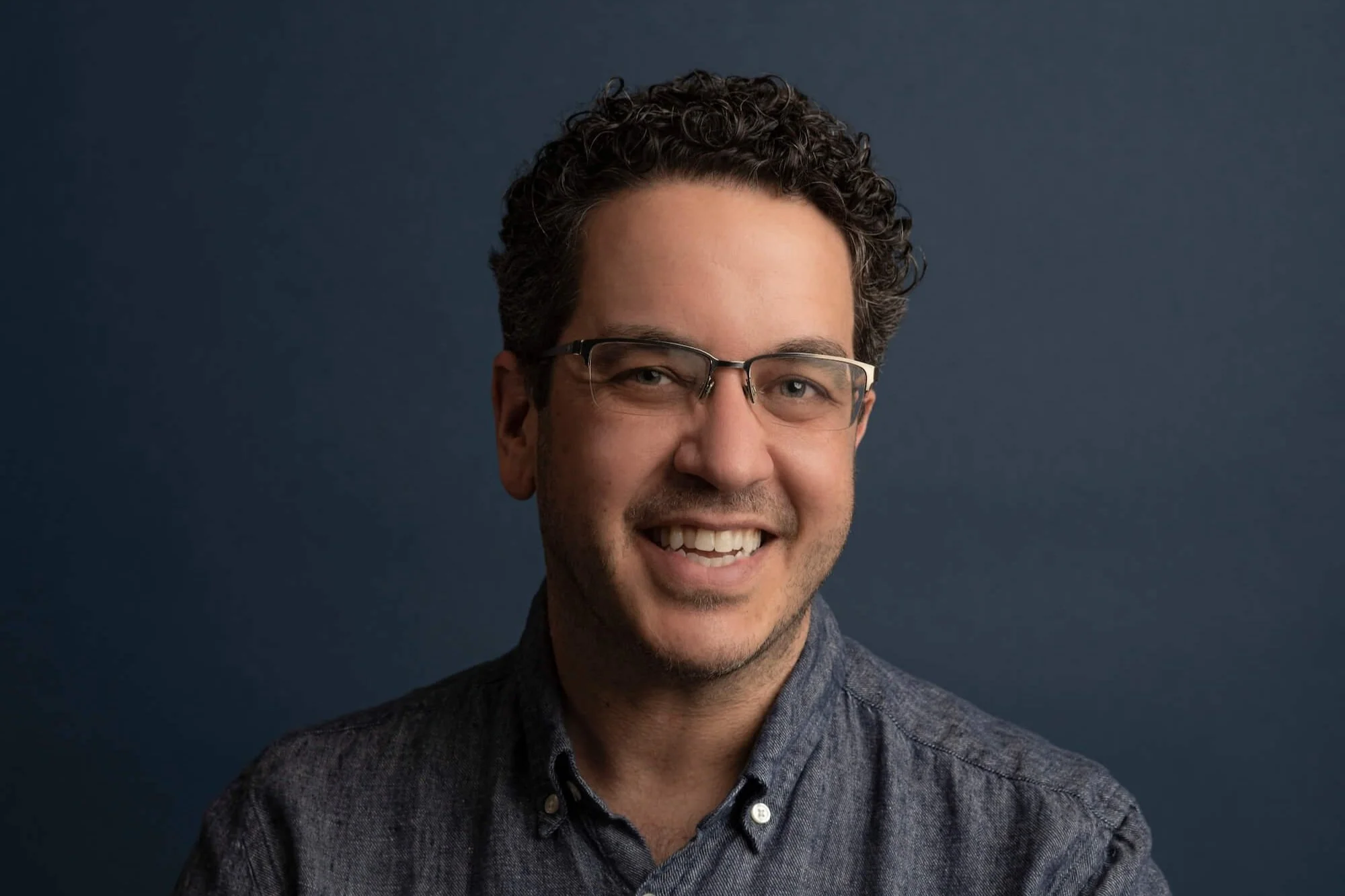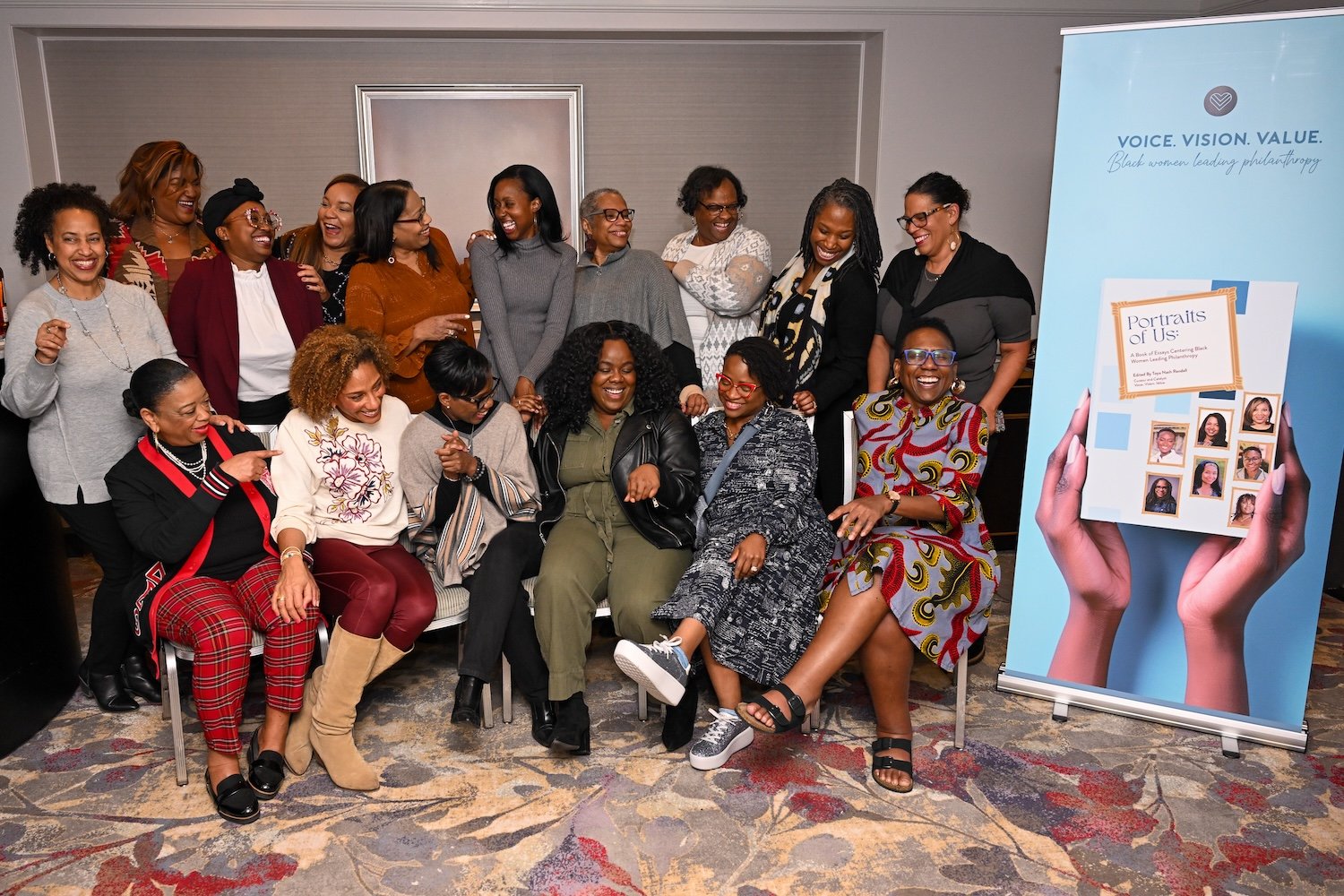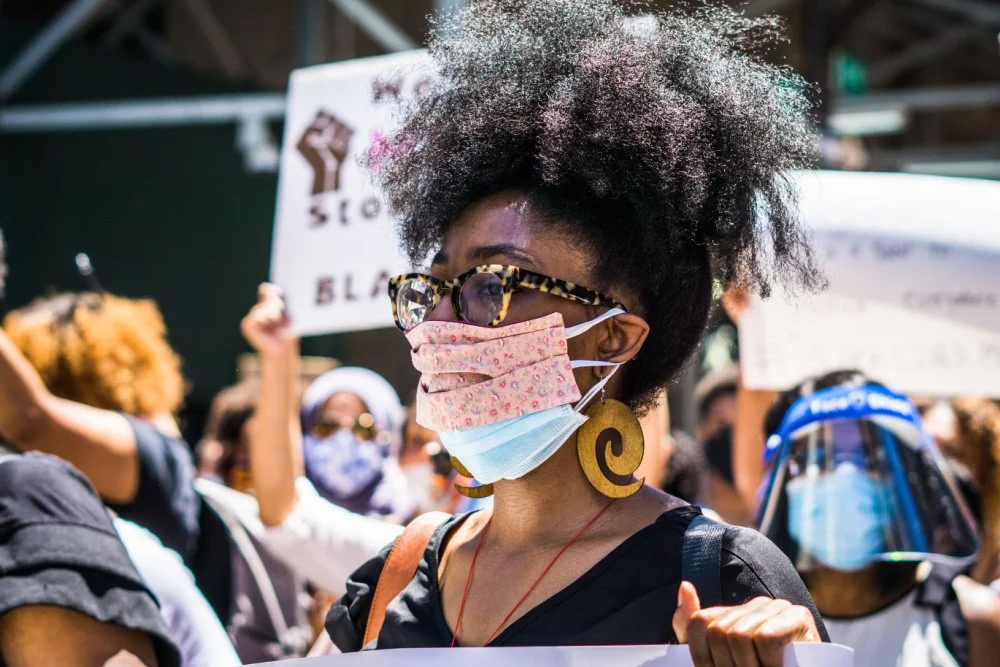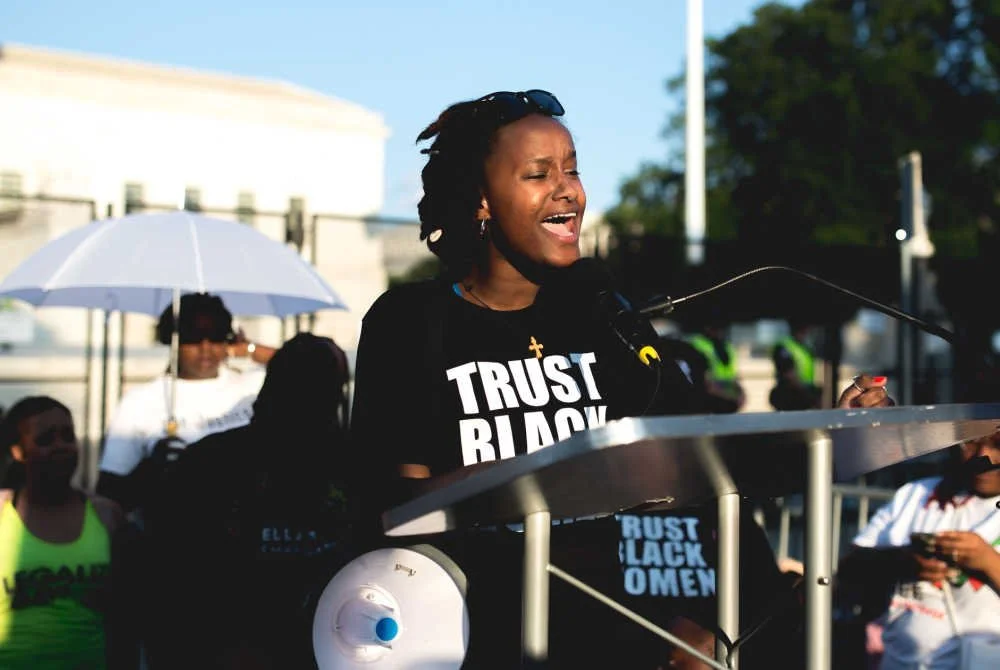When Men Are Advocates: An Energy Giant Funds Training in Gender Equity
/Engaging men in promoting gender equity makes sense. Men are still often dominant in leadership roles and the cultural structures empowering men over women are well known, if not yet universally recognized as problematic. A recent $5 million grant from the oil and gas giant Chevron Corp. to Catalyst, a global nonprofit working to “build workplaces that work for women,” aims to help male CEOs and employees support gender equity.
We’ve seen other funders who support women and girls take on workplace harassment, support a transformation in men’s and boys’ attitudes toward women and girls, and call on male leaders to become gender equity role models. For its part, Chevron has been a participant in Catalyst’s Men Advocating Real Change (MARC) program since 2017; earlier, in 2015, it won the Catalyst Award, which honors companies committed to expanding opportunities for women. MARC consists of a series of interactive trainings, guides and educational and networking experiences that focus on including male leaders, employees and, sometimes, female staff in the work of promoting gender equity.
"Men are eager to engage in gender equality,” Jared Cline, MARC community manager, tells us. He also states, as does Catalyst’s literature, that workplace inclusion benefits everyone, not just women. Along with the obvious human and civil rights arguments for achieving equity for women and girls, diverse teams and leadership are correlated with increased profitability.
How Catalyst Helps Men Advocate for Real Change
“MARC helps men to recognize bias in the workplace and interrupt it,” Cline explains. MARC offers several programs. One is a day-and-a-half immersive workshop for men, MARC Leaders. Participants leave with individual next steps and access to ongoing support. MARC Networks is a peer coaching model led by men who previously received training. These networks cover common “trouble spots” in professional environments like work processes, practices and peer interactions. MARC Community is an online hub and MARC Teams involve men and women discussing MARC material in small groups. The recent grant from Chevron will support the global expansion of MARC Leaders and the rollout of MARC Teams to companies that partner with Catalyst around the world.
"This is the single largest grant we've received in our organization's 50-plus-year history,” Catalyst president and CEO Lorraine Hariton said in a statement. In 2017, Catalyst received about $3.9 million in grants and had net assets of approximately $24.3 million—which clarifies what a big difference the new $5 million commitment will make.
An Internal Commitment to Diversity and Inclusion
Much of Chevron’s philanthropy has thus far focused on STEM education, from the K-12 realm up to partnerships and scholarships in higher education. But it also funds globally in the area of health, and specifically HIV/AIDS, and invests in economic development through initiatives like microloan and workforce development programs. The company says that in the last five years, it has contributed more than $1 billion in global social investments. It aims to boost diverse representation in STEM fields through its education-based giving, but the area where we see the most focus on diversity and inclusion is within Chevron’s corporate culture.
Along with the Catalyst award, Chevron has been recognized for its efforts to promote inclusion for employees of all races, cultural backgrounds, sexual orientation and gender identities, including from the Human Rights Campaign, Global Centre for Healthy Workplaces, National Business Inclusion Consortium and World Institute on Disability. It was a pioneer among energy companies in offering domestic partner benefits and trans-inclusive health benefits, and including sexual orientation in its nondiscriminatory policies. This pro-equality track record clarifies why working with Catalyst make sense for Chevron.
Catalyst was founded in 1962 and seeks to advance progress for women through research, “practical tools and proven solutions.” Along with the MARC initiative, it runs many other programs, including Champions of Change, a group of CEOs pledging to advance more women into leadership. The Chicago Foundation for Women also runs a Champions of Change program for men in leadership roles. So does the Vermont Women’s Fund; its director, Meg Smith, previously told Inside Philanthropy that, like Catalyst, one of its main goals is to draw men into the gender equity conversation. “Real change for women will not come without men.”







































